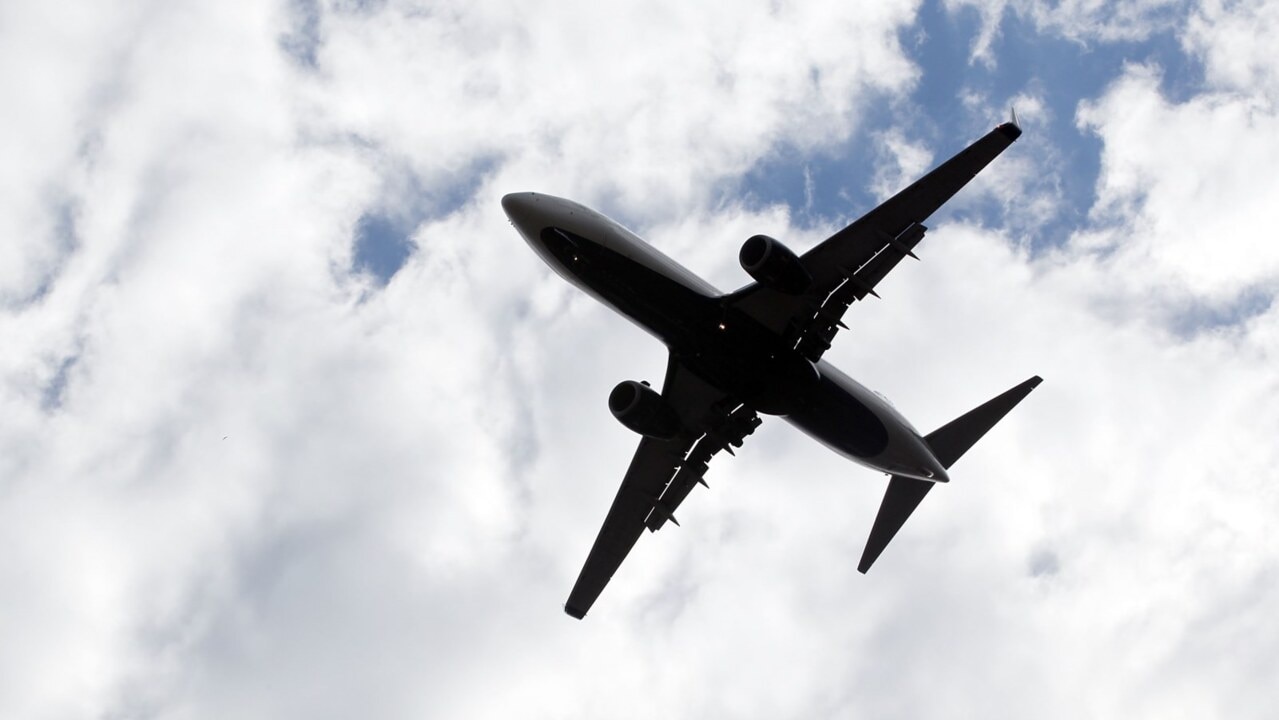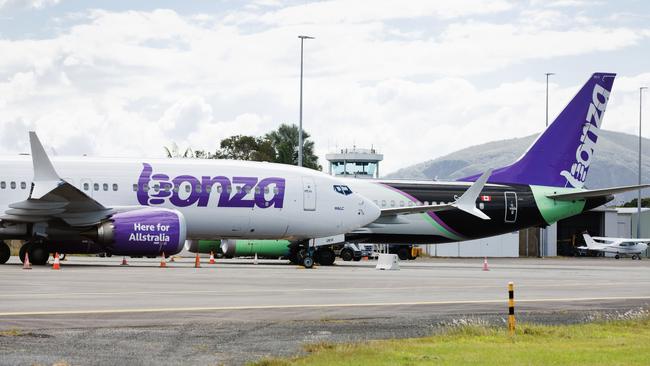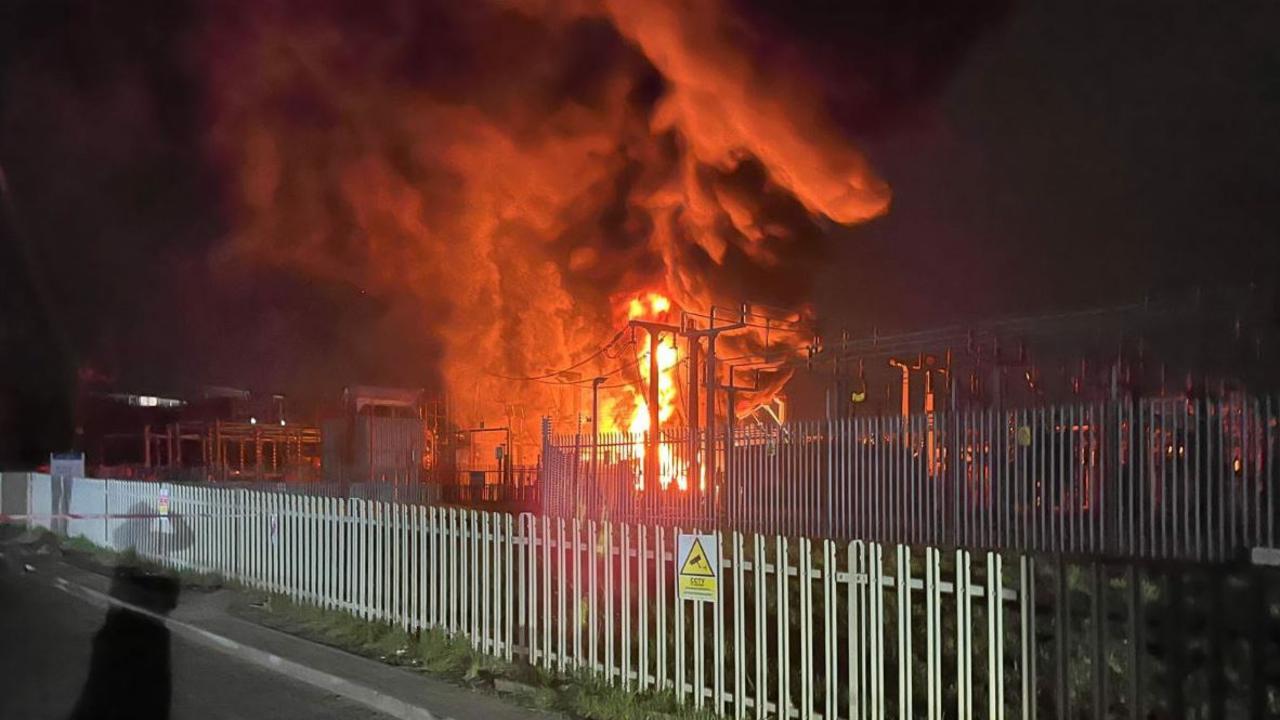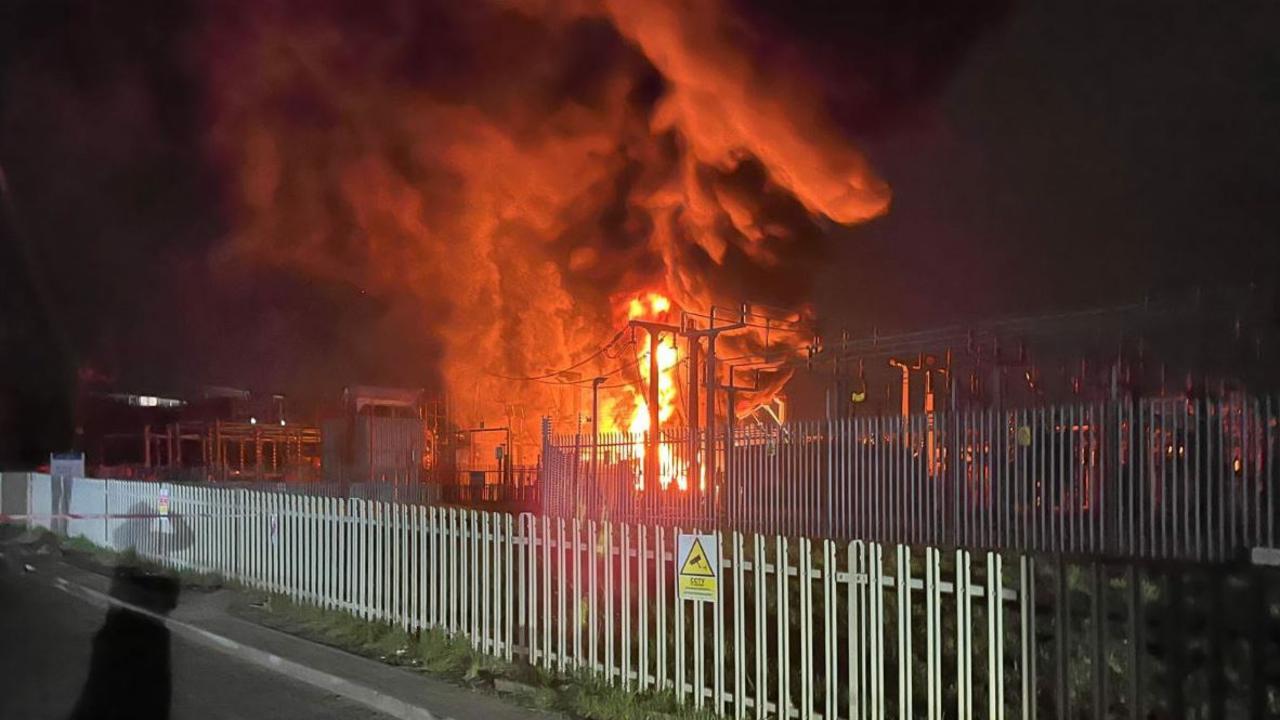Two airlines collapse in a few months – is something rotten in our aviation industry
As much as Australia likes to stick the boot into the airlines, it’s hard to blame Qantas and Virgin for the failures of Rex, Bonza and Air Vanuatu when airfares remain high.

Keen aviation watcher and sometimes investor Steve Johnson puts the issue of whether ruthless undercutting by Qantas and Virgin is to blame for the recent failures of Rex and Bonza simply.
Has anyone tried to book a cheap flight recently?
“My experience has been that airfares have been higher than usual, not lower,” says Johnson, co-founder and chief investment officer at Forager Funds.
“What’s the argument here: That the flights Rex is flying have been priced artificially low?
“It doesn’t feel like there’s any sort of anti-competitive behaviour going on. If anything, they’re charging more than they have historically and making more profits than they have historically.”
Johnson may have a point. Qantas last year posted a record $2.4bn pre-tax profit and Virgin Australia returned to profitability after a decade in the red, in a period that included its own collapse and resurrection in 2020.
But with three airlines calling in Australian voluntary administrators in just four months – Rex, Bonza and flagship carrier Air Vanuatu – it’s easy to see why the question about the behaviours of the remaining carriers is being asked.
Perhaps it’s time to reflect on the famous saying that if you want to make a million dollars in aviation then start with one billion.

Johnson believes that despite inflammatory comments that there is something rotten in the state of the aviation market here, the truth is that it is just very difficult to make a third commercial domestic airline work.
“Could the competition be better, sure, but when I fly domestically in the US or Europe, the choices are super low-cost and crappy service, or you pay similar prices to what you pay here to fly with British Airways or whoever. No one’s making out like a bandit here. It’s not a crazily profitable sector. In fact, it’s been a fairly significant source of capital destruction over long periods of time.”
So much so that Johnson sold down his Qantas shareholding at about $6 per share and would only be back in the market at $4.50.
Qantas shares closed at $6.08 on Fridayand are up more than 18 per cent this year.
The nation’s biggest carrier reports full-year earnings on August 29, and is likely to reveal a drop in profit because capacity has started to return to pre-pandemic levels and cost-of-living pressures have started to dampen demand for flights on some routes.
Still, the airline is expected to report a post-tax result of about $2.1bn, according to UBS.
In contrast to Johnson, Wilson Asset Management’s Hailey Kim still likes Qantas at current prices.
“We do like Qantas. Some people think they are over-earning, but we think that is not the case,” says Kim. “They’ve taken a lot of costs out of the business, around $1bn over the last two or three years, and hence the reason why they can actually generate profitable earnings. Looking at the next 12 months they will restart their capital management and start paying dividend again, as well as potential buybacks while funding their capex, which should be growth accretive.”

So why the collapse of Rex and Bonza just a few months earlier?
The blunt truth is both had flawed strategies.
Lim Kim Hai, the Singaporean businessman who ran Rex until June this year, displayed remarkable hubris by assuming Rex would become the No.2 carrier when Virgin failed during the pandemic.
As pitch documents reveal, Mr Lim thought he could take his successful regional airline, reliant on state government subsidies to operate rural routes, and become a significant player on the highly profitable “golden triangle” of Sydney, Melbourne and Brisbane.
Mr Lim believed Rex would have unfettered access to become the second-biggest airline with a “37 per cent market share” and even EBAs “pegged at 10 per cent below Jetstar”.
It probably seemed likely his golden ticket after trying and failing to sell the airline to both Qantas and Virgin about a decade earlier. It was a bad bet.
Virgin rose from the ashes, and suddenly Rex was competing against Qantas, Jetstar and Virgin; and doing it without a frequent flyer program, without their frequencies, without the hefty state government subsidies it receives for flying regional routes, without a price or quality differential, with an old fleet of aircraft, and with a flawed strategy to offer scones and schnitzels “like at the RSL”.
Bonza, meanwhile, was the airline that never really was.
While Mr Lim was counting on Virgin no longer being a player, Bonza’s management figured it could come up with whole new leisure markets such as Melbourne-Port Macquarie and fill them profitably with a few costly old aircraft.
“Qantas is such a strong brand,” says Kim. Virgin has “their own problems, but they are still a strong player in the market. So it is just like a fairly sort of perfect, duopoly environment.
“For third carriers coming in and trying to compete with the existing competitors while trying to build their aircraft and branding … it’s just very tough.”
Johnson says “there’s no shortage of people willing to lease you planes and give you capital to get an airline started.
“And so I think the barriers to entry are very low, but the barriers to success are very, very high.”






To join the conversation, please log in. Don't have an account? Register
Join the conversation, you are commenting as Logout